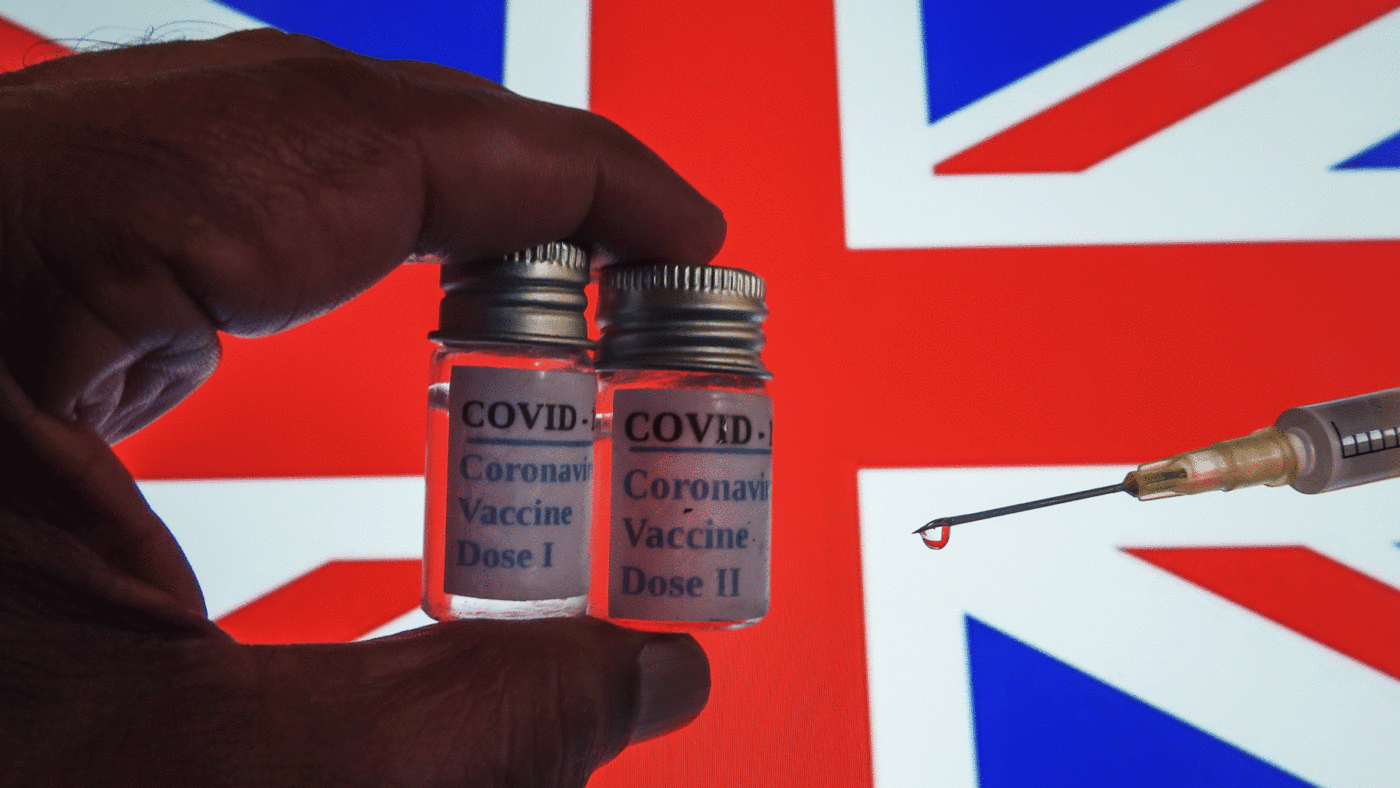The decision to reduce the UK’s spending on foreign has caused an angry response from those who believe that Britain is abandoning the poorest in the world.
The good news is that just this week there is a new tool in Britain’s overseas aid armoury that promises to make a startling impact on the world in a short space of time, and which can, if used correctly, boost the UK’s image abroad, create commercial opportunities, and push back on China’s growing international influence. It is the Oxford vaccine.
China hasn’t been shy in using Covid to further its international influence. Early on in the pandemic Beijing dispatched millions of pieces of personal protective equipment [PPE] out to the world, in particular to countries that felt ignored by Western nations. Italy, rebuffed by the EU, received medical aid from China, as did Serbia; President Vučić was so moved by Beijing’s largesse that he publicly kissed the Chinese flag and announced that “European solidarity does not exist”. More than eighty countries across the world were recipients of Chinese PPE-diplomacy.
Now Beijing aims to use its coronavirus vaccines for the same purpose. President Xi has stated that a Chinese vaccine will be ready soon, and once it is, it will be distributed as a global good. There are now five Chinese variants undergoing trials in more than a dozen countries, and the Beijing-based giant Sinopharm has committed to manufacturing up to a billion doses in 2021 alone.
There are several reasons why China has invested heavily in Covid diplomacy. The first is to prove itself a better global citizen than its main strategic rival, the US, thereby making the “China model” more appealing to other nations. This was made easier by the clumsy response of the Trump Administration to the international fight against the disease. Not only did Washington appropriate PPE from allies like Germany, it pulled out of the World Health Organisation, and refused to join the international Covax scheme, designed to provide countries with equitable access to a vaccine.
A second advantage that China gains from its Covid-diplomacy is the establishment of long-term patronage networks and dependency relations. These, it hopes, will be converted at some point into commercial advantage. By using aid to tap into the health ministries and medical communities of countries like Italy and Brazil, Chinese officials aim to pave the way for their state-owned and private sector companies to sell them more medical products.
Yet for all this effort by China it is Western countries, in particular the UK, which are now leading the scientific fightback against the virus.
It was British researchers who discovered the effectiveness of the drug dexamethasone in treating hospitalised Covid patients. Then came the announcement of the successful results from the vaccines created by the American-German partnership of Pfizer and BioNTech, and the US company Moderna.
These advancements were followed this week by the unveiling of the Oxford vaccine, manufactured by the Anglo-Swedish company AstraZeneca.
The potential impact of the Oxford vaccine on the world could be hugely significant. Offering up to 90% protection, it is far cheaper and simpler to store than the Pfizer/BioNTech and Moderna drugs, and therefore easier to distribute to all corners of the planet. To underline this utility, it has been decided that the Oxford vaccine is going to be sold to low- and middle-income countries on a non-profit basis “in perpetuity”. British scientists have thus paved the way for the reopening of the world economy, especially in the developing world.
It is a stunning achievement. Had it been achieved by Chinese scientists, the vaccine would quickly be co-opted into China’s diplomatic strategy. Instead, this is what the UK should do now, capitalising on this contribution to global health and leaving no doubt in anyone’s mind that it is Britain which is leading the way in science and the principles of aid.
There will be many in the West who feel uneasy about this. When the British government announced it was merging its aid agency [DFID] into its foreign ministry, to create the Foreign, Commonwealth, and Development Office, it met stiff opposition amidst fears that by doing so it would “put politics above the needs of the poorest people”.
This misses the wider point. It is clear that China has already deeply politicised aid, and is using it to drag countries into its sphere of influence. The Oxford vaccine gives the UK a chance to push back against growing Chinese influence, to highlight its own commitment to global healthcare, and to create warm headlines for Britain that have been rare in recent years. As a bonus it should also result in a plethora of commercial opportunities for British companies in pharma and health, which can only be a good thing post-Brexit.
Foreign aid, and doing general good in the world, is not just about how much money is spent. It is also about what you spend it on. The Oxford vaccine is an historically significant development that should be put to work for the benefit of billions abroad, but also for the good of the country that nurtured it.
Click here to subscribe to our daily briefing – the best pieces from CapX and across the web.
CapX depends on the generosity of its readers. If you value what we do, please consider making a donation.


